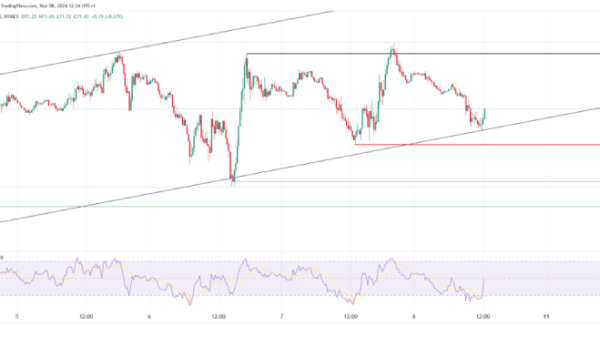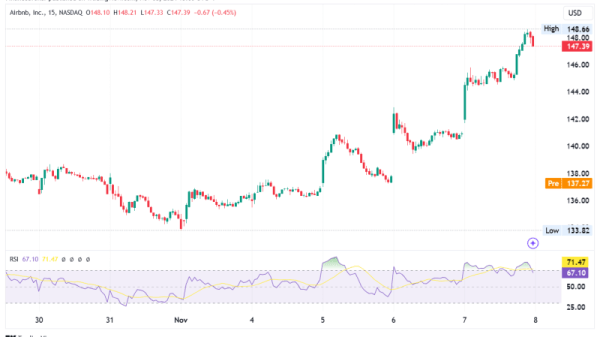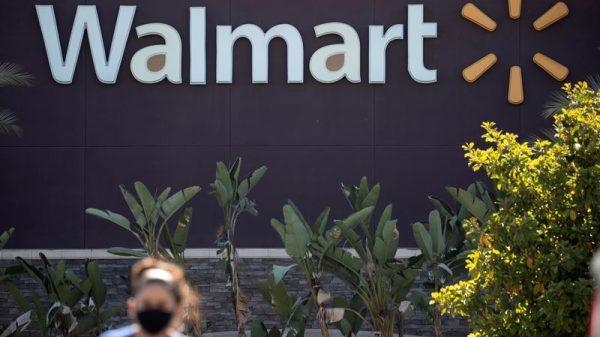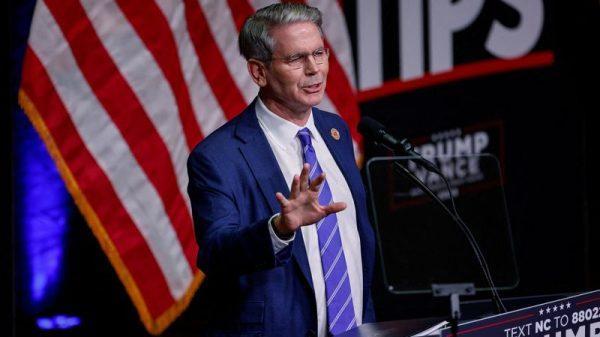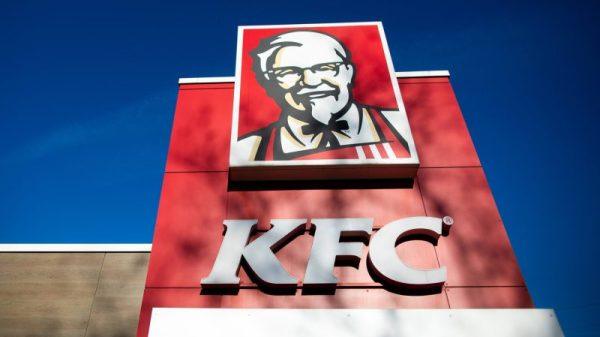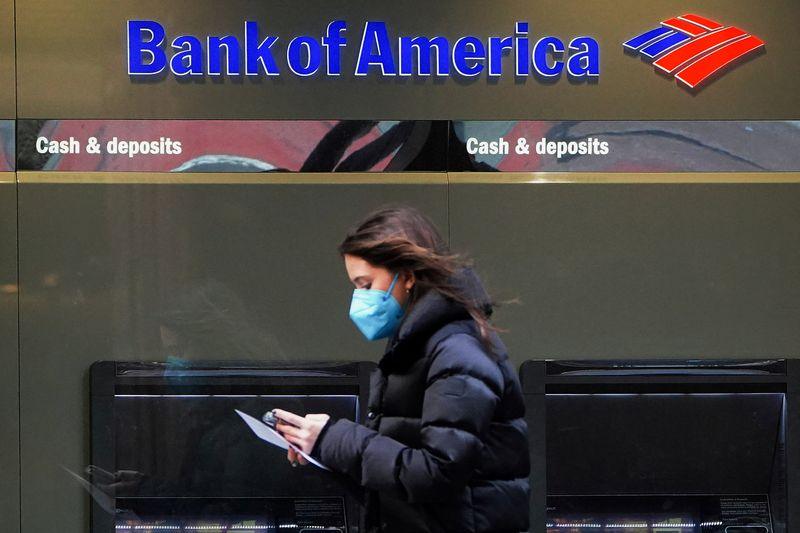Investing.com — As the U.S. election approaches, Bank of America analysts examined its potential impact on Consumer Finance stocks in a recent research memo.
The bank argued that while policy differences exist between candidates, “the health of the broader U.S. economy” will ultimately be more influential in driving sector fundamentals, particularly regarding unemployment and consumer financial health.
One significant area of concern is said to be the regulatory environment surrounding mergers and acquisitions, particularly the anticipated Capital One (COF) and Discover Financial Services (NYSE:DFS) merger.
Although Capital One remains confident about closing the deal in early 2025, BofA notes that “the current administration has generally been viewed as anti-large M&A.”
They believe a change in administration could create a more favorable environment for such mergers, reducing anti-trust scrutiny.
Meanwhile, student loan forgiveness policies also play a crucial role in shaping the consumer finance landscape.
BofA explains that the Biden administration’s extensive forgiveness programs have benefited consumer credit while posing challenges for student loan originators.
BofA anticipates that under a potential Harris administration, similar relief efforts will continue. Conversely, a Trump administration would likely end discussions around forgiveness, potentially boosting origination volumes for refinancing lenders like Navient (NASDAQ:NAVI) and SoFi (NASDAQ:SOFI), as borrowers would be less anxious about losing out on benefits.
Another key issue is said to be the proposed reduction of late fees by the Consumer Financial Protection Bureau (CFPB).
BofA indicates that a Republican administration could withdraw this rule, which currently aims to cut late fees to $8 from $30-$41.
“The late fee rule being nullified would be a positive for all issuers,” especially for Synchrony (SYF) and Bread (BFH), which derive over 10% of their revenue from late fees, said BofA.
BofA says that historically, stock reactions in the consumer finance sector following elections have shown resilience.
BofA reports that while the initial market reactions can vary, “by the 1-week mark, both scenarios saw stocks up 11-12%.” This suggests that investors may prioritize post-election certainty over short-term policy-driven news.

